Geospatial Research Seminar Series (GRISS) – 31 August 2023
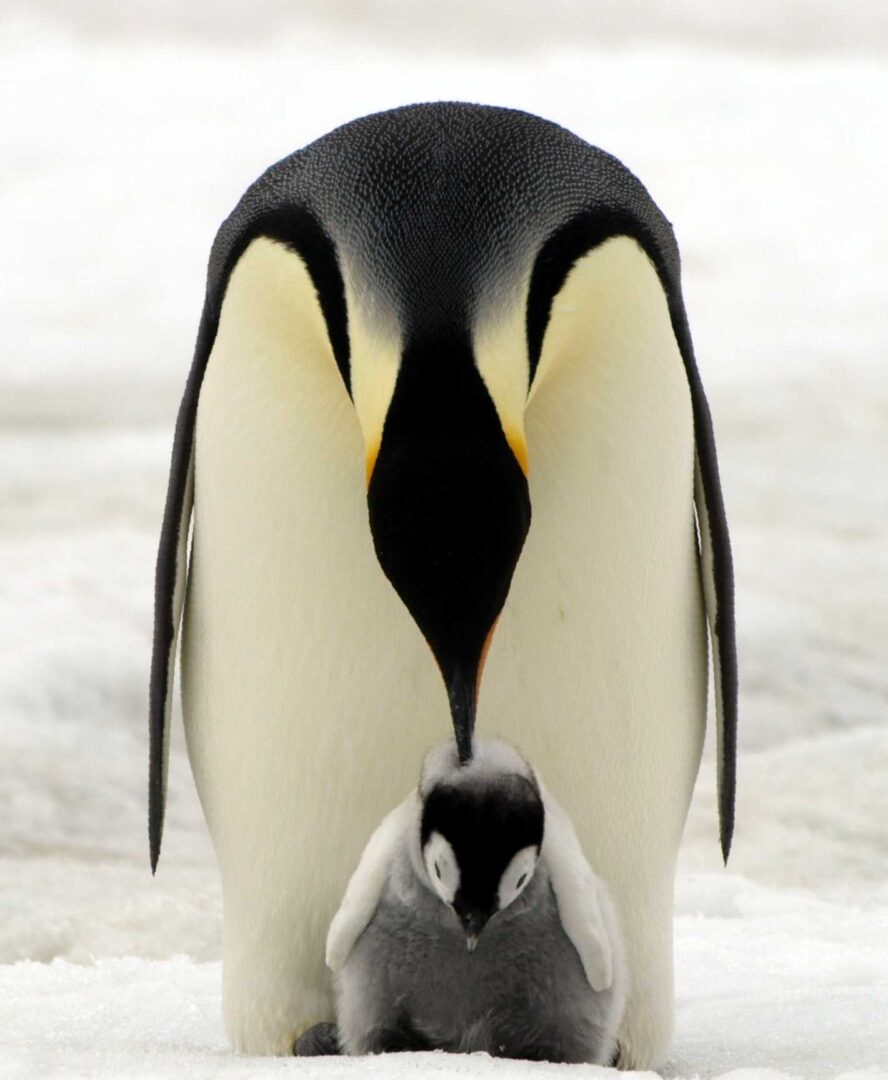
In Antarctica emperor penguins are the species most at risk from climate change. Up until a decade ago our understanding of the species was hindered by the logistical challenges of studying a species which lives in one of the harshest places on earth. But since then advances in our use of satellite imagery has enabled us to find, count and monitor the birds, transforming it from one of the least studied species in Antarctica to one of the best.
Geospatial Research Seminar Series (GRISS) – 20 July 2023

Reliable supply of safe drinking water is vital for human health. Despite this, there is no consistent nationwide spatial dataset of water distribution zones (WDZ) for Aotearoa New Zealand (A-NZ). In this talk, we will outline the development of a nationwide geospatial dataset of WDZ using data compiled from the 67 district and city councils in A-NZ. We will also outline several early use cases for the WDZ dataset.
Call for papers for the 2023 regular NZPR Issue and the special issue on geo-spatial techniques in population research.
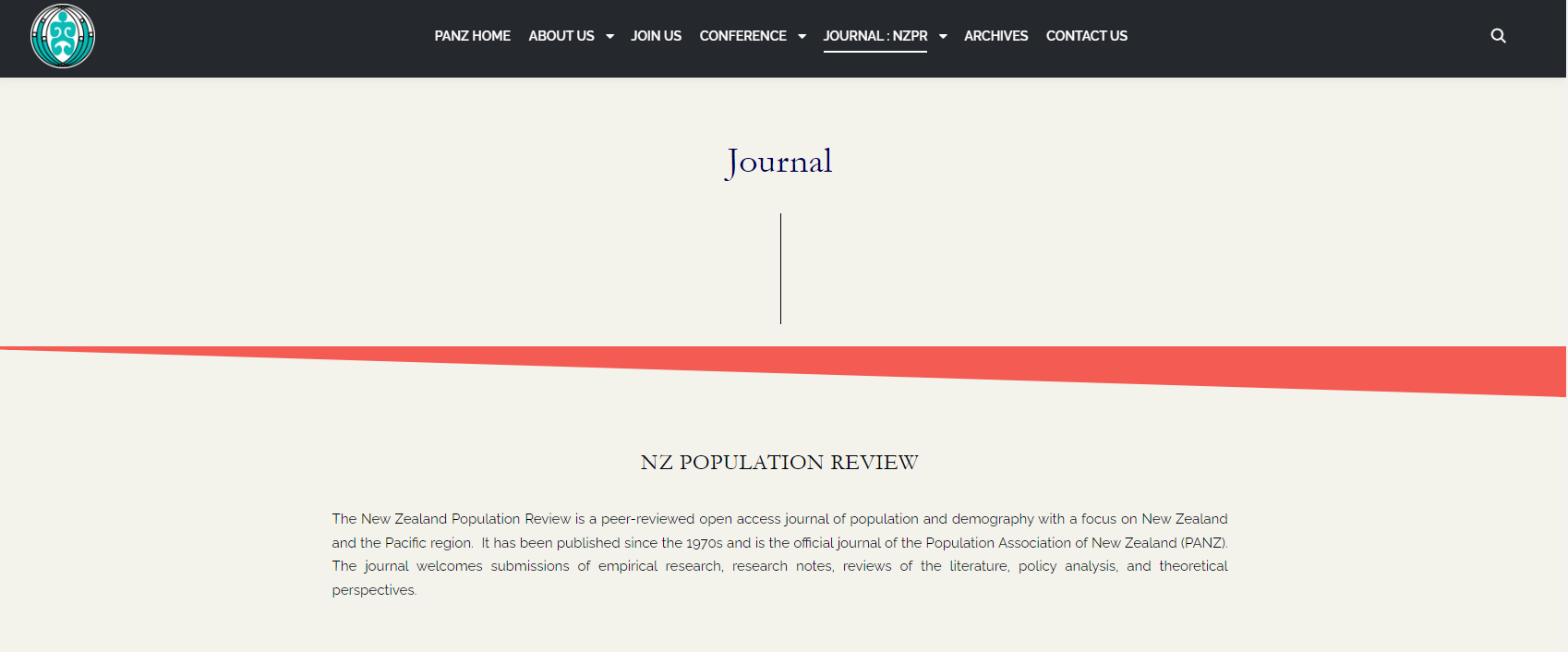
The New Zealand Population Review is a peer-reviewed open-access journal of population and demography with a focus on New Zealand and the Pacific region. It has been published since the 1970’s and is the official journal of the Population Association of New Zealand (PANZ). NZPR welcomes submissions of empirical research, research notes, descriptive findings, reviews […]
Geospatial Research Institute Toi Hangarau PhD Scholarship 2023
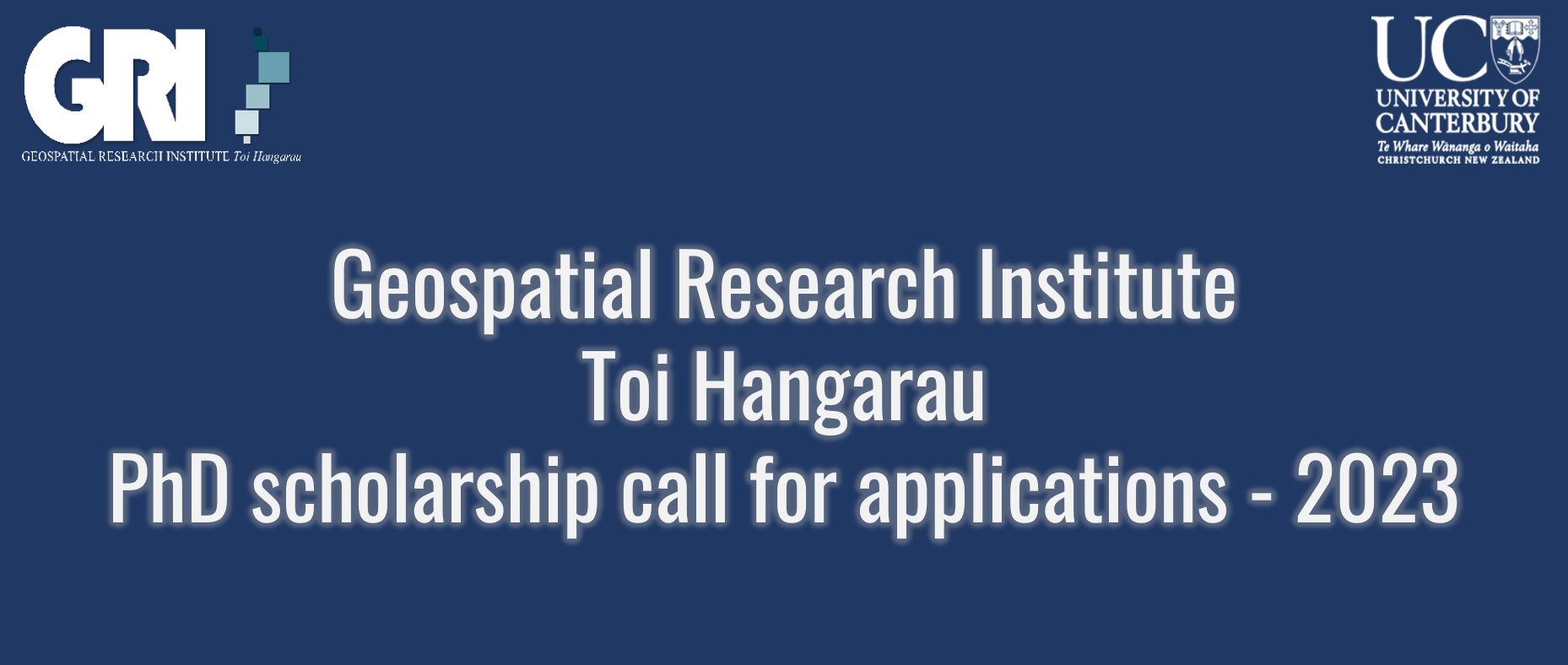
We are now accepting applications for the 2023 Geospatial Research Institute (GRI) scholarship. Closing date for applications: 30 June 2023, 17:00pm NZ Time Detailed information about how to apply can be downloaded at: https://geospatial.ac.nz/jobs-and-scholarships/
Video: Ōtautahi Christchurch: the water city?
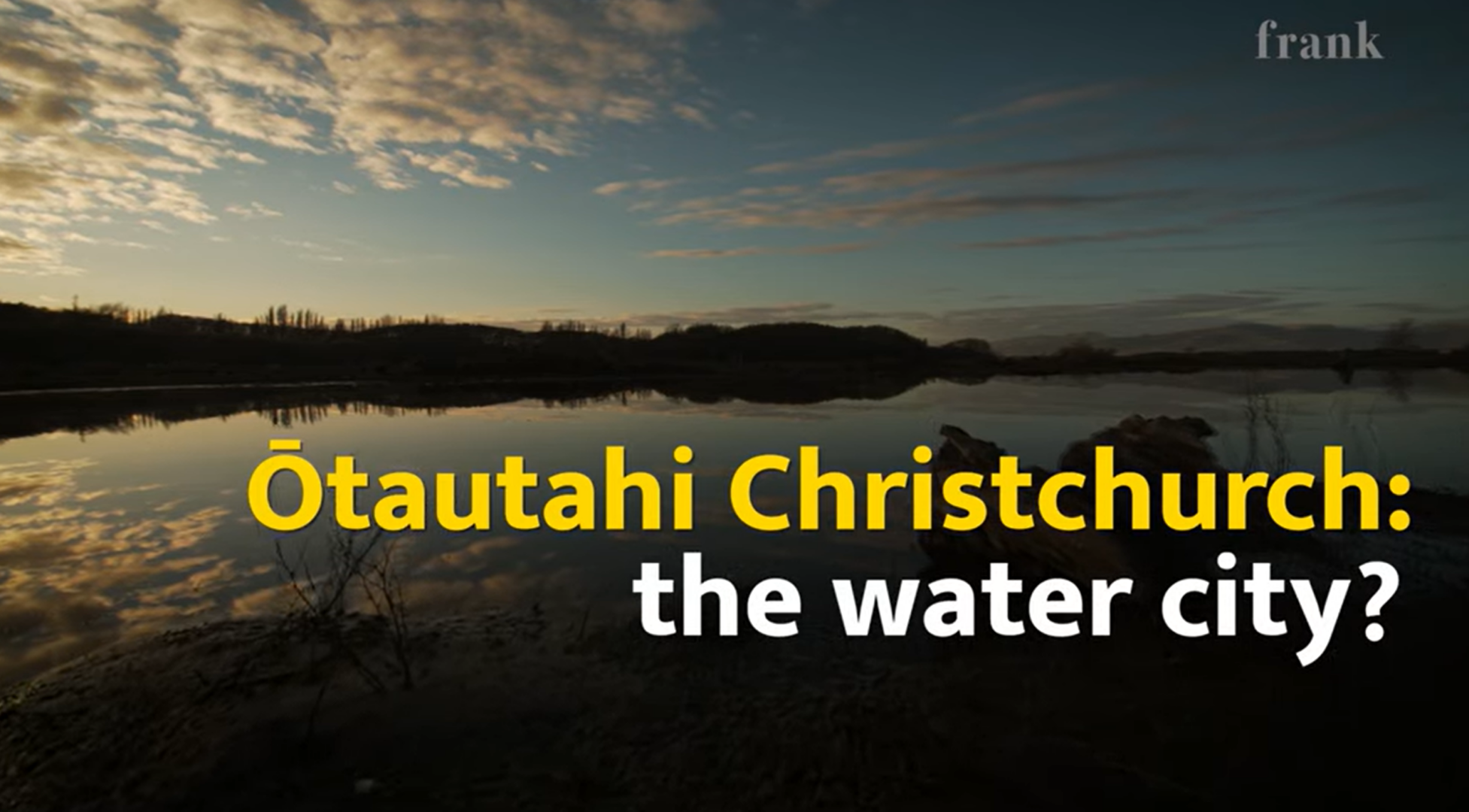
Watch: Ōtautahi Christchurch: the water city? A short documentary starring Prof Matthew Wilson (GRI-UC) and Dr John Reid (Ngāi Tahu Research Centre-UC) talking about Christchurch, its geography, history of floods and what to expect under climate change. Watch on RNZ now. https://www.rnz.co.nz/news/national/488581/watch-otautahi-christchurch-the-water-city
Fourth Spatial Data Science Symposium
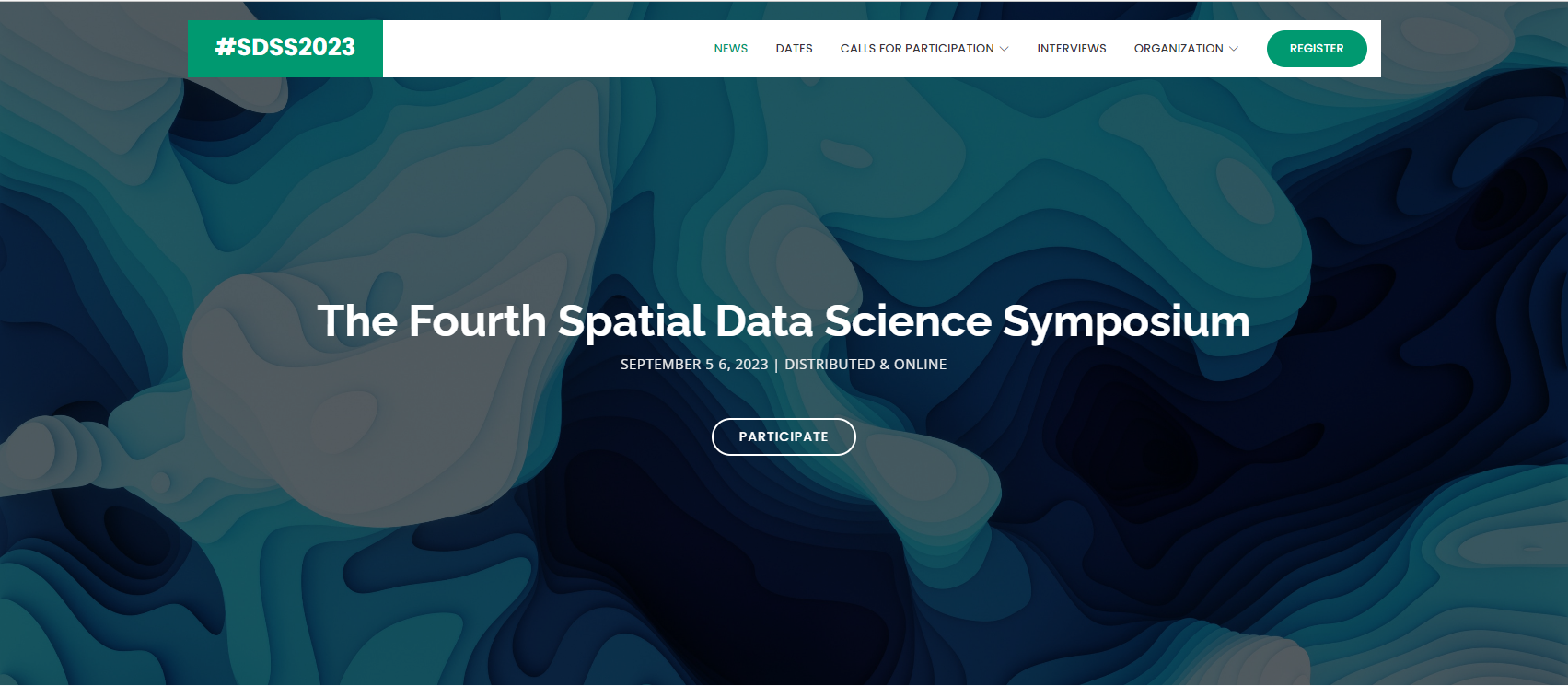
Dear Spatial Data Science Community, SDSS 2023 is a FREE distributed/online symposium that brings together researchers from academia, industry, non-profits, and government from all over the world. NZ participants are welcome to join the UC symposium hub. Groups of participants will meet at the symposium hubs distributed around the world to present and discuss […]
Geospatial Research Seminar Series (GRISS) – 20 April 2023
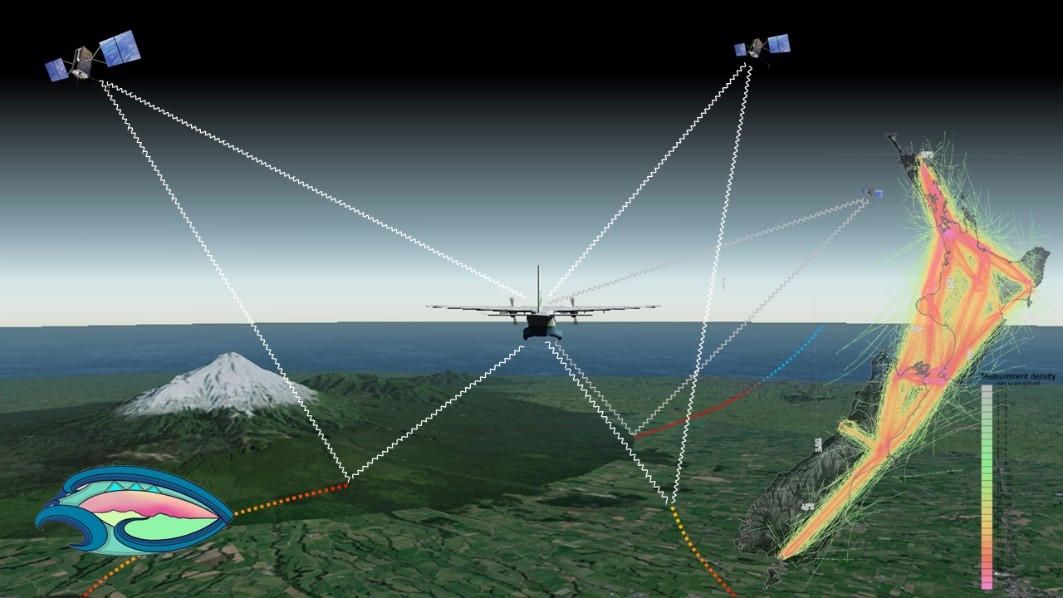
The Global Navigation Satellite System (GNSS), emit radio signals in the L-band to enable precise positioning on the Earth’s surface. GNSS has become ubiquitous in our everyday lives, underpinning location-based technologies from traffic routing to precision agriculture. These GNSS “signals of opportunity” have been used in novel space borne missions such as CyGNSS (Cyclone GNSS), which is primarily designed to observe the ocean surface under tropical cyclone systems. However, signals reflected from the land surface have been found to sensitive to soil moisture and surface water, providing a valuable additional source of data.
Top Cited Article 2021-2022
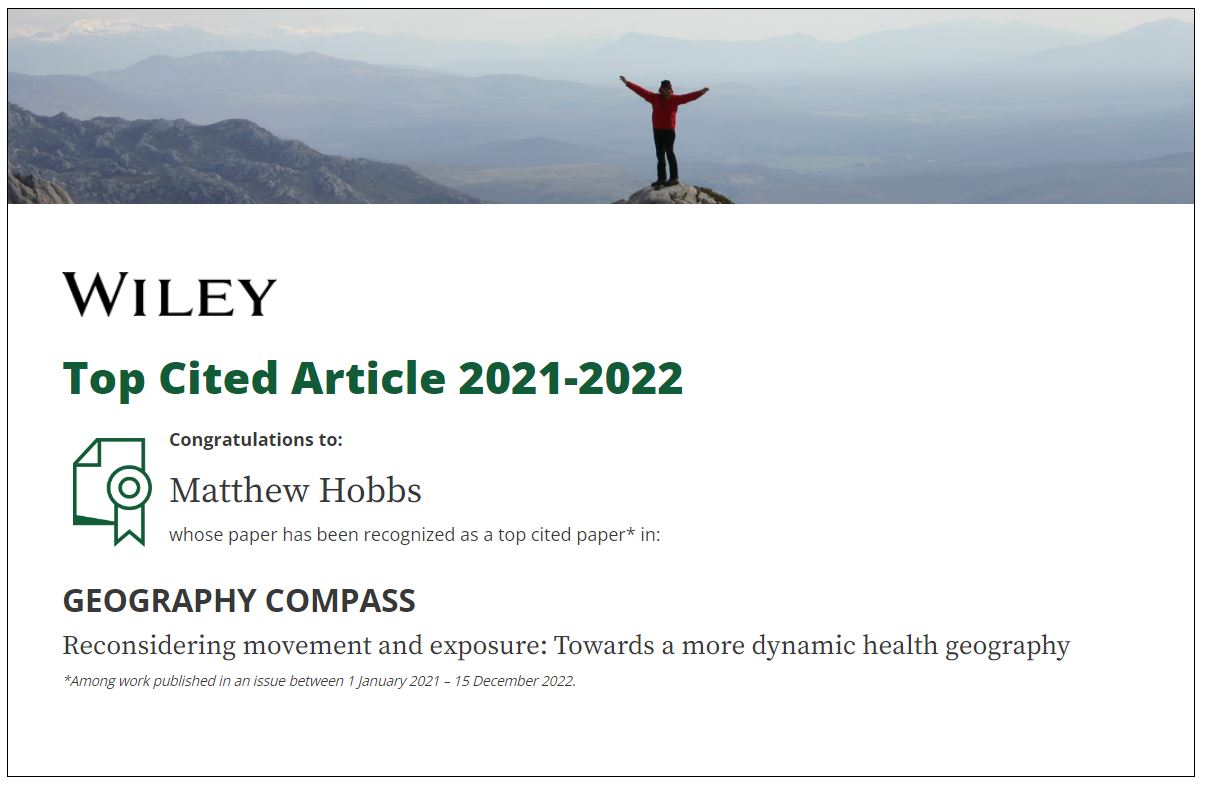
Congratulations to Malcolm Campbell, Lukas Marek and Matt Hobbs for the Top Cited Article 2021 – 2022
Geospatial Research Seminar Series (GRISS) – 25 November 2022 – Recorded
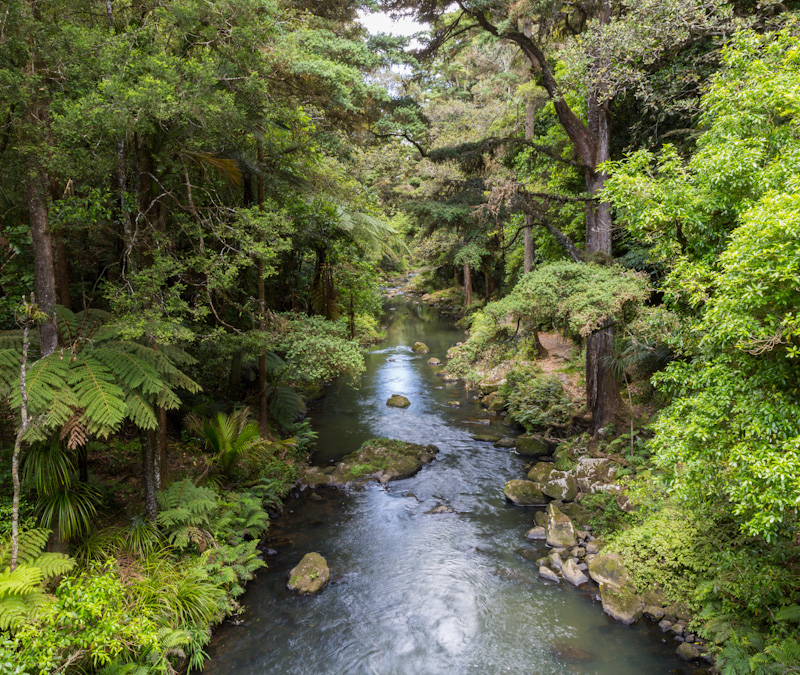
In the past, there has been a disconnect and little collaboration between the people and organizations doing work on plant pathogens that cause myrtle rust and kauri dieback. This has stymied progress in the management of plant pathogens and diseases, and is still unclear where they occur or not. Here we introduce the principles and methodologies of the Mātauranga Māori Framework for surveillance (MMFS) for plant pathogens.
Video recording available at:
https://www.youtube.com/watch?v=3Czj2fB_1iU&list=PLJymSfBIuEWKYLJbi6LzyiRXKtAQBbcH3&index=4
Andrew Kindon – 2023 Clinical Research Training Fellowship
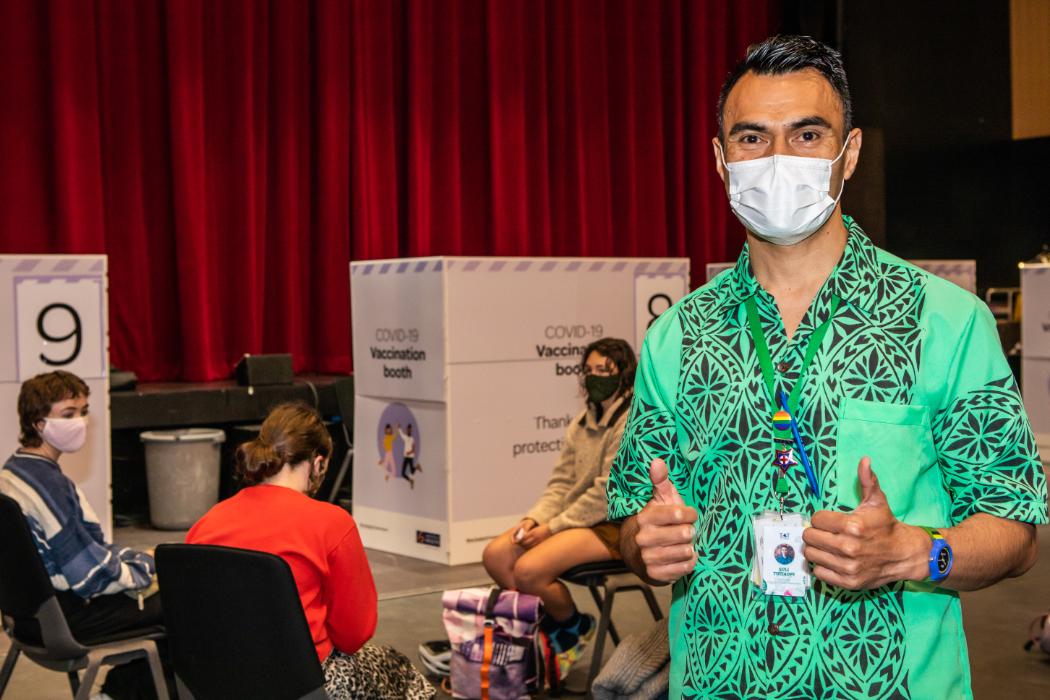
Determinants of abdominal aortic aneurysm risk in New Zealand ($110,104 over 36 months) Andrew Kindon’s research will employ geospatial technologies to spatially identify areas demonstrating excess risk of AAA death in New Zealand, and the associated environmental risk factors. This includes socioeconomic deprivation, accessibility of health services and ethnicity – factors known to influence […]
